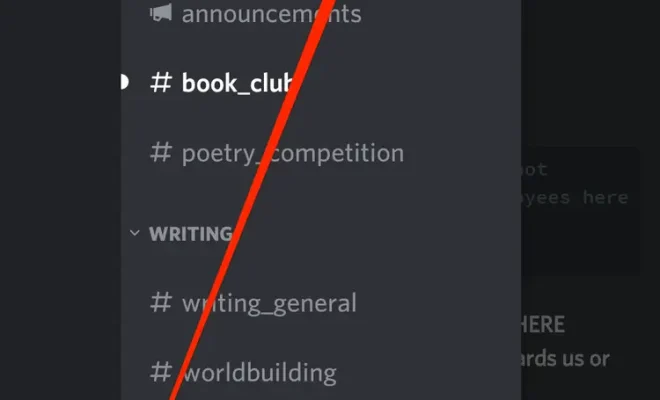15 Best Free Web Tools to Organize Your Research

Research is an essential aspect of academic and professional work, and the vast amount of information that we need to gather and analyze can be overwhelming. Fortunately, there are many web tools available to help you organize your research, and many of them are free. In this article, we will provide you with a list of 15 of the best free web tools that you can use to improve your research productivity and organization.
1. Zotero
Zotero is a free and open-source reference manager that can help you store, organize, and cite your research sources. With this tool, you can save articles, books, web pages, and other sources to your online library, add notes and tags, and generate bibliographies in various citation styles.
2. Mendeley
Mendeley is another free reference manager that can help you organize and access your research papers, articles, and other sources. You can create a personal library, use the web plugin to import sources from online databases, and collaborate with others by sharing your research library.
3. Evernote
Evernote is a popular note-taking app that can help you keep track of your research notes, ideas, and web clips. With Evernote, you can create notebooks, tags, and stacks to organize your research, and add images, audio, and files to your notes.
4. Trello
Trello is a visual project management tool that can help you organize your research tasks and projects. You can create boards, lists, and cards to track your progress, deadlines, and collaborators, and use labels and filters to categorize your tasks.
5. Google Scholar
Google Scholar is a free search engine that can help you find scholarly articles, books, and other research sources. You can use advanced search features, save your searches, and set up alerts to stay up-to-date on new research in your field.
6. Diigo
Diigo is a social bookmarking and annotation tool that can help you save and organize web pages, PDFs, and images for your research. With Diigo, you can highlight and add notes to your sources, share them with others, and access them from any device.
7. Notion
Notion is a comprehensive productivity tool that can help you manage your research projects, notes, and tasks in one place. With Notion, you can create databases, wikis, and pages, and use templates to organize your research workflow.
8. MindMeister
MindMeister is a mind-mapping tool that can help you visualize and organize your research ideas and concepts. With MindMeister, you can create and customize your mind maps, add images and links, and collaborate with others in real-time.
9. Coggle
Coggle is another free mind-mapping tool that can help you organize your research ideas and concepts. With Coggle, you can create colorful and customizable mind maps, add images and links, and collaborate with others.
10. RefMe
RefMe is a free reference manager and citation tool that can help you create bibliographies in over 7,000 citation styles. With RefMe, you can scan book barcodes, search for sources, and create citations with ease.
11. Grammarly
Grammarly is a free writing assistant and grammar checker that can help you improve your research writing. With Grammarly, you can check your spelling, grammar, and punctuation, and get suggestions for style, tone, and clarity.
12. OneNote
OneNote is a note-taking app that can help you organize your research notes, ideas, and multimedia files. With OneNote, you can create notebooks, sections, and pages, and use tags and search to find your information quickly.
13. EndNote
EndNote is a reference manager that can help you organize your research sources and create bibliographies in various citation styles. With EndNote, you can import and export sources from databases, add notes and tags, and generate citations and bibliographies.
14. Scopus
Scopus is a free and comprehensive database of research articles, conference proceedings, and other sources in various fields. With Scopus, you can search for sources, track citations, and analyze research trends and metrics.
15. PubMed
PubMed is a free database of biomedical and health sciences literature that can help you find research articles, clinical studies, and reviews. With PubMed, you can use advanced search features, create alerts, and access full-text articles.
In conclusion, the above 15 web tools are some of the best free tools that can help you organize your research and enhance your productivity. Whether you want to manage your references, take notes, find sources, or collaborate with others, these tools can make your research process much more efficient and effective.





